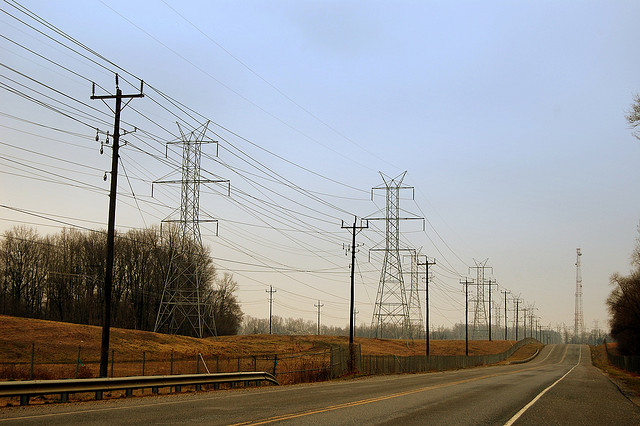Your electric bill for the month of November is about to be in your mailbox. Notice a difference? Massachusetts Department of Public Utilities approved severe increases in electricity billing rates. Electricity rates in the state were projected to increase about 35percent starting in November through April. In some utility service areas this would nearly double, driving the cost up to the highest it has been in decades. In other words, your average monthly utility bill has probably spiked over $50 dollars during November. For this winter, residents in certain areas could be paying over $150 more than last year.
In October, former Gov. Deval Patrick highlighted Massachusetts’ leadership in clean energy innovation along with our double-digit growth in the industry. However, over 60 percent of Massachusetts’ electricity is generated from natural gas, which tends to rise during the winter months. In addition, winter volatility causes sharp spikes in natural gas market prices that then carry over to our electricity rates. Utilities charge customers higher rates early in the winter season to protect against these future rate risks. This is the result of the region’s increasing dependence on natural gas for power and heating. National Grid claims that they will make no additional profit from the increase of electricity rates, but that it is rather to afford paying for the electricity generators. There is a debate between utilities and state governments about the modernization of the electric grid that could include smart meters, solar generators and others, but nothing has been officially recommended. Additionally, according to the National Grid, there are not enough natural gas pipelines in New England and the ones we do have are not wide enough to meet the demand during the winter. To this end, both National Grid and NStar support proposals from two pipelines companies that would expand the pipeline capacity to bring natural gas into the region. This is one of the solutions to help lower local natural gas prices.
The skyrocketing prices will likely strain family budgets, small commercial and industrial users that use a lot of power. Becoming as energy efficient as possible seems to be the only solution. For example, having a programmable thermostat, unplugging any appliances not being used, lowering the temperature when you go to bed or having a high-efficiency furnace or boiler are some of the best practices that can save you between 10 and 30 percent on your energy bill. For students, Boston is one of the most expensive cities to live in, but now the state of Massachusetts has the eighth highest electricity rates in the country. While it is understandable that the state is trying to shift away from coal and petroleum, natural gas does not seem to be the right fit for us either. Citizens should practice energy efficiency practices year round but advocate for a solution to the electricity winter hikes that are projected to rise every year.
-Valeria Vidal is a senior international affairs major.
Photo courtesy Steve Snodgrass, Creative Commons.








